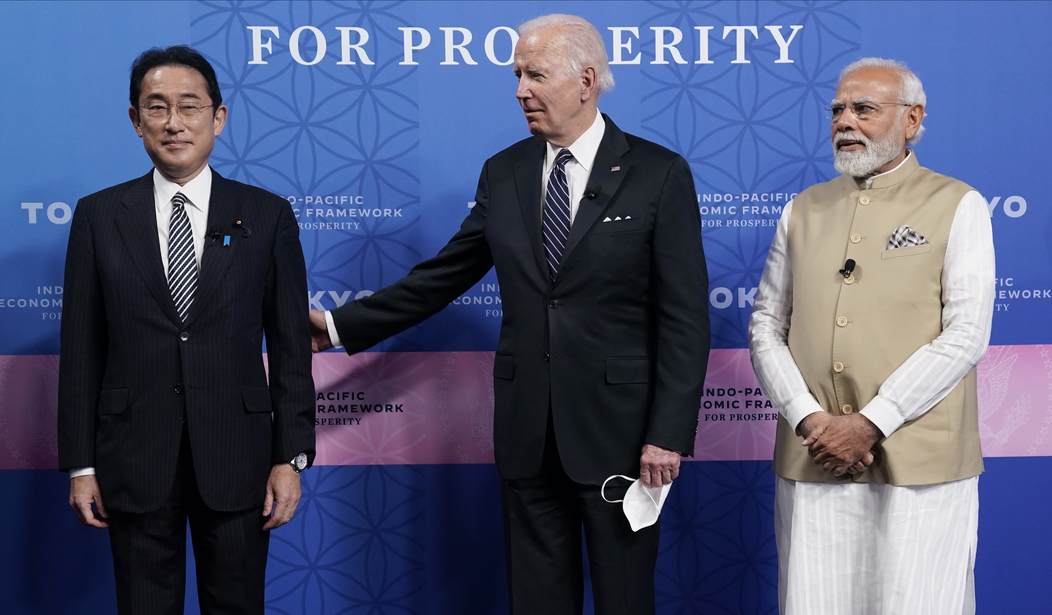It's not the economy, inflation, healthcare or crime that's threatening Japan's future.
No— Japanese Prime Minister Fumio Kishida addressed an issue much more urgent to the country on Monday.
"Our nation is on the cusp of whether it can maintain its societal functions," he declared during a speech opening the year's parliamentary session. "It is an issue that simply cannot wait any longer."
Kishida is concerned about the country's declining birthrate and said he plans to give even more child-rearing incentives for families, including doubling the budget for child-related policies and setting up a new government agency to oversee the issue in the coming months.
The population of the world’s third-biggest economy has been in decline for several years, and suffered a record fall of 644,000 in 2020-21, according to government data. It is expected to plummet from its current 125 million to an estimated 88 million in 2065 – a 30% decline in 45 years.
The birth rate remains at 1.3 – the average number of children a woman will have in her lifetime – way below the 2.1 needed to keep the population stable. And the number of over-65s continues to grow – now accounting for more than 28% of the population. (The Guardian)
According to YuWa Population Research, Japan ranks among the most expensive places in the world to raise a child, Reuters reports, only falling behind China and South Korea. Those countries are also experiencing population declines.
Recommended
Last week, China said its population had also dropped.
The government said that "9.56 million people were born in China last year, while 10.41 million people died," The New York Times reported. "It was the first time deaths had outnumbered births in China since the Great Leap Forward, Mao Zedong's failed economic experiment that led to widespread famine and death in the 1960s."
Births in 2021 were at 10.6 million, which was the sixth consecutive year the number declined.
But in China, government incentives to have more children have failed to woo young people, who are simply uninterested. In Japan, living expenses, the cost of education, and demanding job schedules that make balance with family life extremely difficult are some of the prevailing reasons for the decline.
These countries are not alone, of course. According to World Population Review, Japan ranks No. 9 on a list of countries projected to have the fastest population declines over the next three decades. The Eastern European countries of Bulgaria, Lithuania, Latvia, Ukraine, Serbia, Bosnia and Herzegovina, Croatia, and Moldova all rank higher.

























